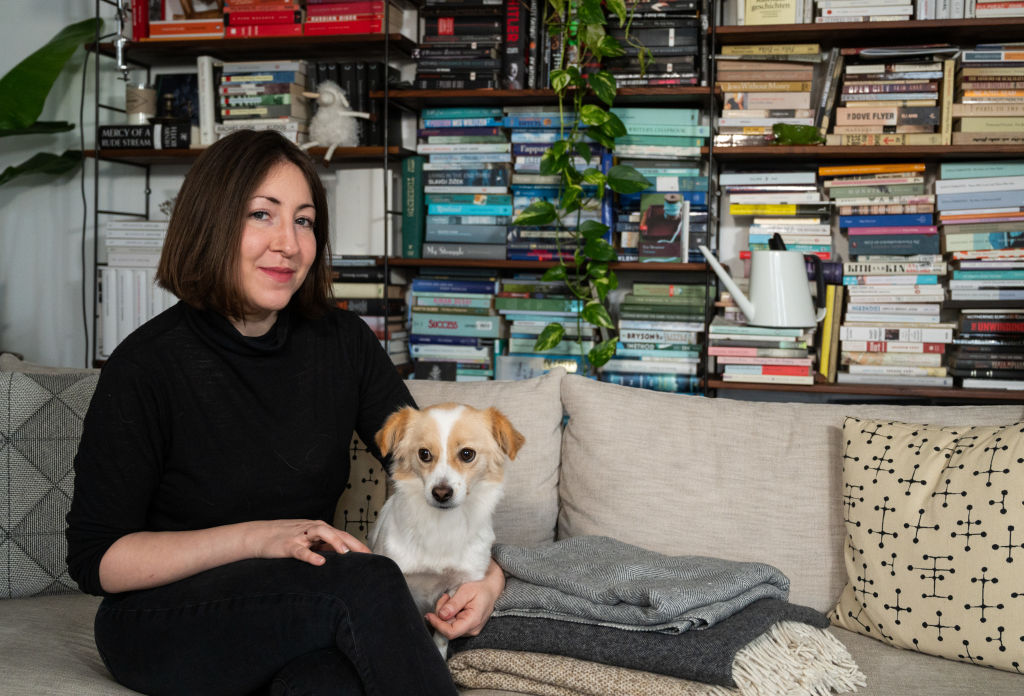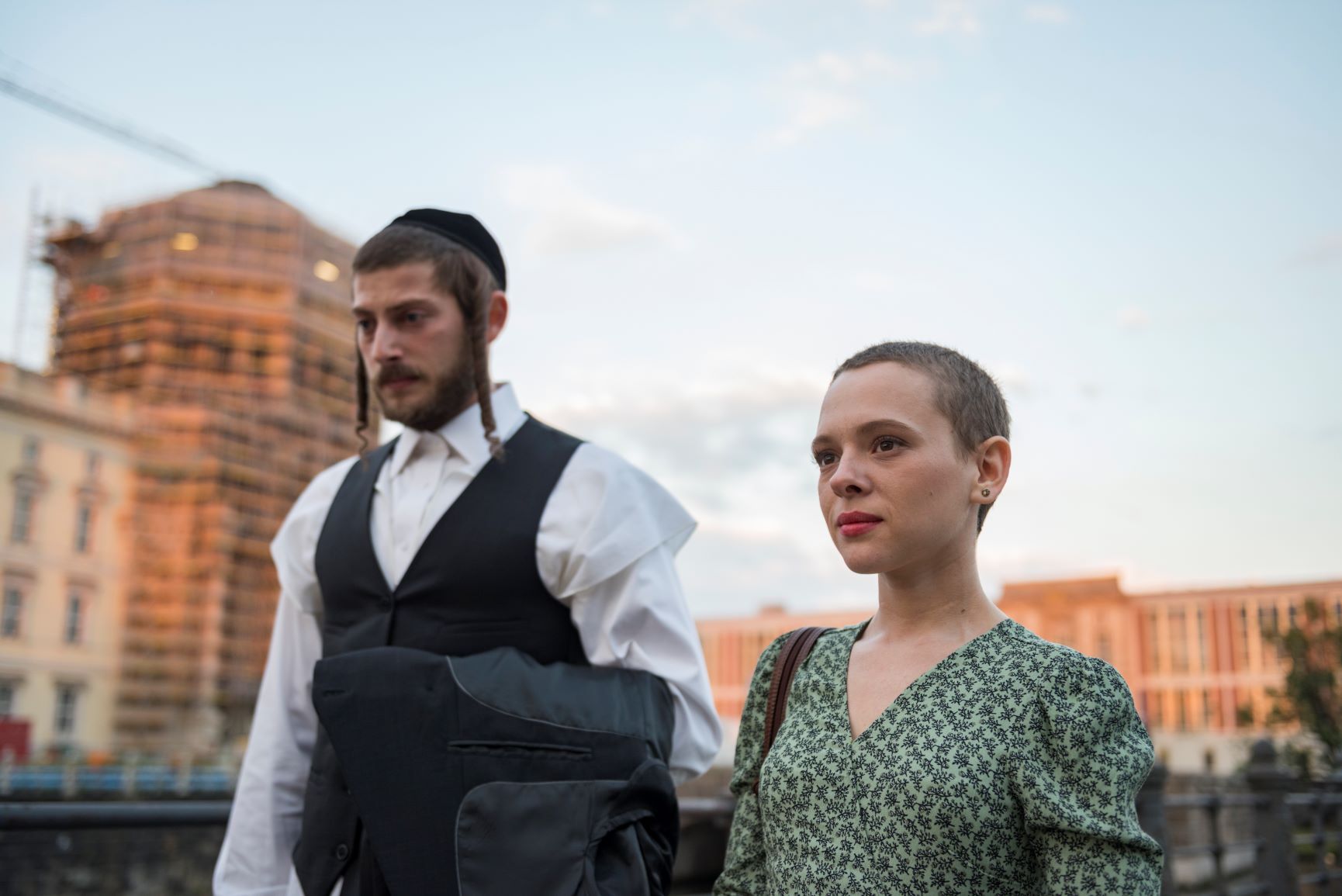‘Unorthodox’: The Real Woman Who Inspired the Netflix Series Says ‘Women Make the Story Real’
Unorthodox is a Netflix drama series that came out on Mar. 26 of this year. The limited series portrays the life of a Hasidic Jewish girl named Esty Shapiro. We see her grow up, get married, and then–run away.
The character of Esty is loosely based on a writer named Deborah Feldman. Her 2012 memoir Unorthodox: The Scandalous Rejection of My Hasidic Roots, inspired the scenes in the series set in the Orthodox Jewish community. She says that while many people found her community to be patriarchal, Feldman saw it differently. Women, she says, carry the stories forward.
What is the Satmar Jewish community?

In addition to the four-episode Netflix series, the streaming platform released a short documentary titled Making Unorthodox. The 20-minute show portrays behind-the-scenes tidbits.
In the short, Unorthodox co-creator Alexa Karolinski explained that the Satmar Jews, the community that Feldman grew up, is “a Hasidic community.” Its Brooklyn, New York, founders hail from the town of Satmar, Hungary. Many of them are Holocaust survivors who emigrated to New York after World War II.
Unlike many ultra-Orthodox communities, who have their traditions long before the war, the Satmar community did so after the Holocaust.
“It is founded by people who are struggling with the most immense trauma we can imagine,” Feldman contributed in Making Unorthodox. “This trauma was a very driving force behind the ideological structures of this community.”
Because the Satmar Jews are often closed off from mainstream pop culture, Unorthodox was a novel experience for many in this community.
“People like me never saw ourselves reflected back in the stores told in popular culture,” Feldman said in the mini-documentary. Michal Birnbaum, an actress in the series who was also raised in a Hasidic Jewish community, said the series was a powerful experience.
“I think this is the first show ever to accurately portray the Hasidic community,” Birnbaum said.
Deborah Felmdan, ‘Unorthodox’ author on women in her community
Many scenes in Unorthodox depict women under the control and influence of men–especially the rabbi. This leads many to believe that the Satmar men run a sexist, oppressive society.

But in many ways, the author didn’t find that to be her experience. She revealed that in an interview with the New York Times.
“When I married my husband, I just remember being so impressed — in a bad way — by the fact that he was completely in the grips of his mother,” Feldman told the publication. “It took him a very long time to free himself from that.”
The memoir author also recalled experiences in college courses at Sarah Lawrence, which she began taking after she got married.
When classmates in a feminist philosophy class told her “you left the patriarchy,” she found it confusing. She said of her former community that the women in her life were the ones who “betrayed” her:
Well, if I left the patriarchy, where were all the men in this patriarchy? Why were they always bent over books while the people who oppressed me were women? Why was it that the people who hurt me the most were my aunt, mother-in-law, female teachers, the female mikvah attendant, the female Kallah teacher and the female sex therapist?
For Feldman, growing up in the Satmar community made her view the men differently than current-day Unorthodox viewers do of the male characters in the series.
“I had so little interaction with men, and the little I had made me see men as very passive and stuck,” she said.
‘Unorthodox’ memoir author says that ‘women make the story real’
Deborah Feldman continued on her perspective on men and women in the Times interview. She shared this powerful sentiment: “Men tell the story and women make the story real. Women make the story happen.”

On Unorthodox the Netflix limited series, the writer said:
… if you look at the story of Esty, it’s women who are making the decisions. It’s the women she’s interacting with, who are basically the driving force behind community life, the engine behind the story. If you watch the series with this in mind, you realize that the men are actually kind of passive figures carried along by the story. They play the roles in how it’s been told, but it’s the women who make the story go on.


